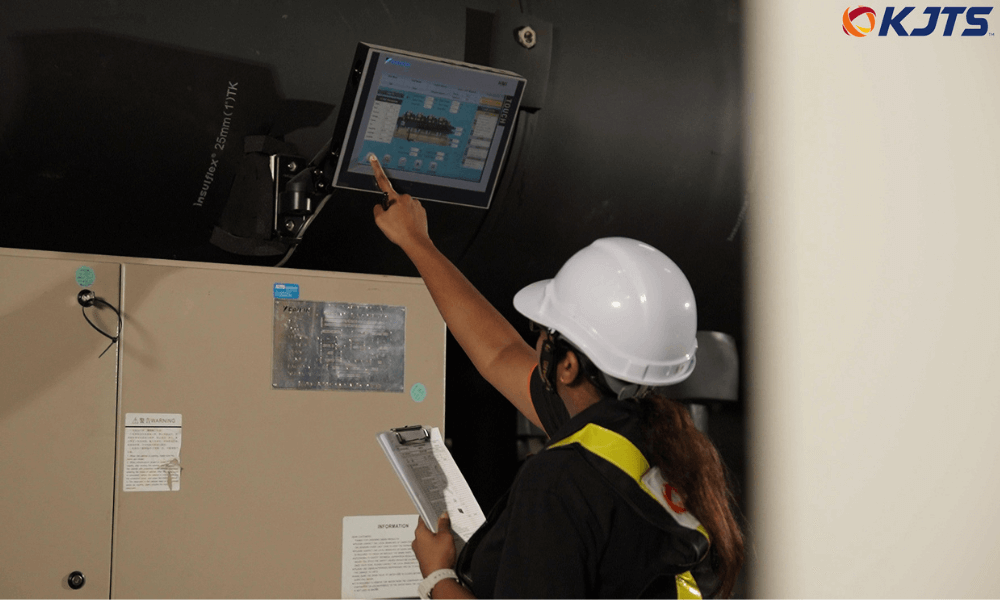
Transforming Facilities: A Holistic Approach to Sustainable Management
In an era where environmental consciousness is no longer just a buzzword but a pressing necessity, businesses are increasingly recognizing the importance of integrating sustainability into their operations. One area ripe for transformation is facility management. By adopting a holistic approach to sustainable management, organizations can not only reduce their environmental footprint but also enhance operational efficiency and improve their overall bottom line.
At the core of a holistic approach to sustainable facility management lies the recognition that every aspect of operations, from energy consumption to waste management, is interconnected. Instead of piecemeal solutions, a holistic strategy takes into account the entire ecosystem of a facility, identifying opportunities for optimization and improvement at every turn.
One of the key pillars of sustainable facility management is energy efficiency. By investing in energy-efficient technologies, optimizing HVAC systems, and implementing smart lighting solutions, businesses can significantly reduce their energy consumption and carbon emissions. Moreover, by harnessing renewable energy sources such as solar or wind power, organizations can further decrease their reliance on fossil fuels and contribute to a cleaner, greener future.
Waste management is another critical aspect of sustainable facility management. By implementing recycling programs, reducing single-use plastics, and composting organic waste, businesses can divert a significant amount of material from landfills and minimize their environmental impact. Furthermore, by partnering with suppliers that prioritize sustainability and adopting circular economy principles, organizations can create a closed-loop system where waste is minimized, and resources are used more efficiently.
Water conservation is also paramount in sustainable facility management. By installing water-efficient fixtures, implementing leak detection systems, and reusing wastewater for non-potable purposes, businesses can significantly reduce their water consumption and preserve this precious resource for future generations.
Beyond environmental benefits, a holistic approach to sustainable facility management can also yield significant financial advantages. By reducing energy and water consumption, minimizing waste generation, and optimizing operational processes, organizations can lower their utility bills, decrease maintenance costs, and improve overall efficiency. Moreover, by enhancing their reputation as responsible stewards of the environment, businesses can attract environmentally conscious consumers and investors, further boosting their competitive advantage in the market.
In conclusion, transforming facilities through a holistic approach to sustainable management is not only essential for mitigating environmental impact but also for driving business success in a rapidly changing world. By embracing energy efficiency, waste reduction, water conservation, and other sustainable practices, organizations can create facilities that are not only environmentally friendly but also economically viable in the long run. As we strive towards a more sustainable future, adopting a holistic approach to facility management is undoubtedly a step in the right direction.